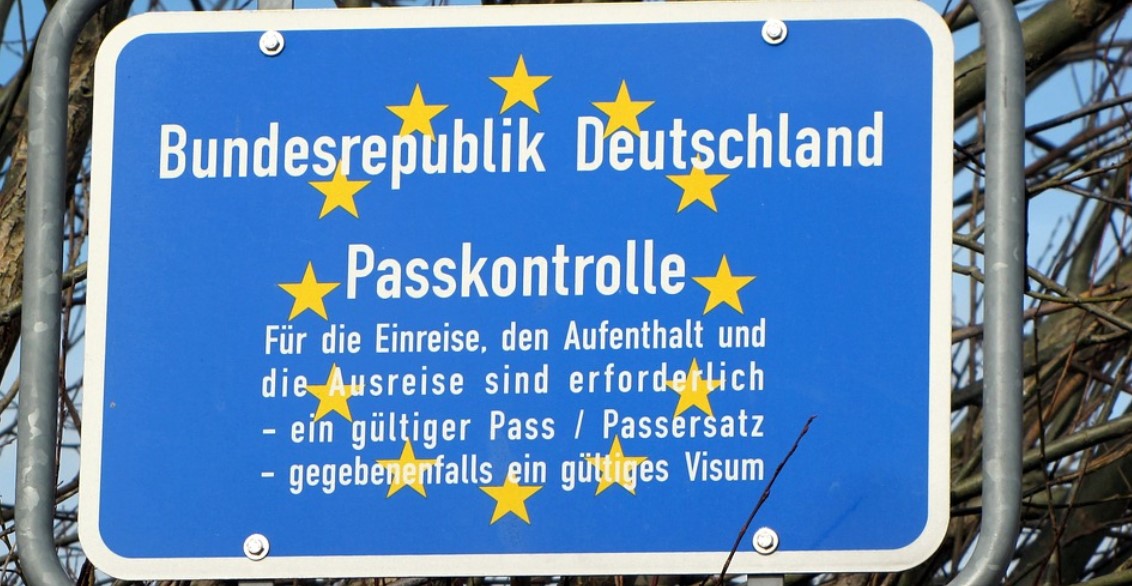But even before the controls began, Federal Minister of the Interior Faeser (SPD) played down the issue – there will be “no comprehensive” border controls, she told German weekly Bild am Sonntag.
The aim is rather “that people in the border regions, commuters, trade and business are affected as little as possible by the controls”. In other words: “No long traffic jams, but smart controls, as the current situation requires.”
At the same time, the minister asserted: “We want to continue to push back irregular migration, stop people smugglers, put a stop to criminals and identify and stop Islamists at an early stage.”
“Effective rejections” of people who want to enter the country illegally should also be possible in the future.
The additional controls will initially be limited to six months, but can be extended. However, the new measures are met with skepticism by “experts” who criticize the fact that the new border measures cannot effectively combat irregular migration.
But the border controls that were carried out in Germany during the European Football Championship, for example, were extremely successful. There are already stationary border controls at the land borders with Poland, the Czech Republic, Austria and Switzerland.
According to the Federal Ministry of the Interior, since its expansion in mid-October 2023, around 52 000 unauthorized entries have been detected and around 30 000 rejections were reported – for example, if no or invalid travel documents were presented.













No comments.
By submitting a comment you grant Free West Media a perpetual license to reproduce your words and name/web site in attribution. Inappropriate and irrelevant comments will be removed at an admin’s discretion. Your email is used for verification purposes only, it will never be shared.